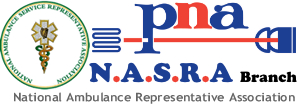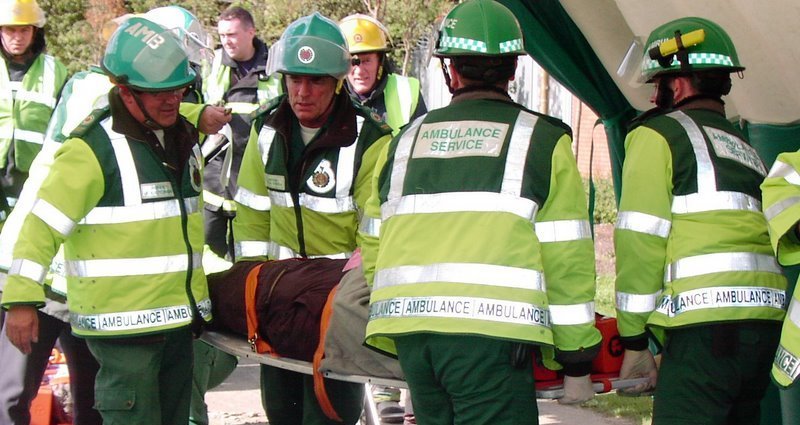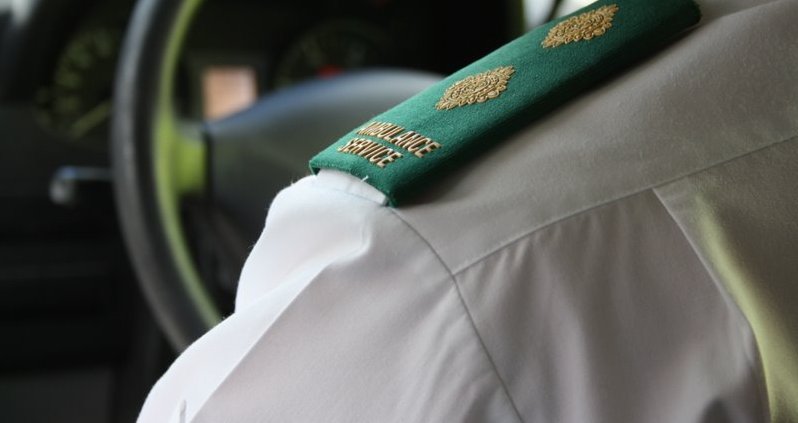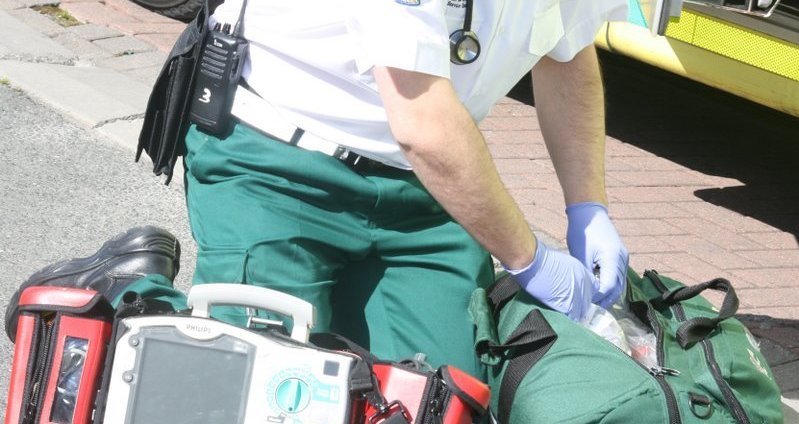PRSI contributions:
The PRSI contribution, normally payable by employer and employee, is a percentage of the employee's reckonable earnings (i.e. gross pay less superannuation and Permanent Health Insurance contributions, deducted under a net pay arrangement by the employer, which are allowable for income tax purposes).
The PRSI contribution is made up of Social Insurance and the Health Contribution:
- The Social Insurance element goes to the Social Insurance Fund ( SIF ) which helps pay for Social Welfare benefits and pensions. This element is paid by employers and employees. However, the employee's share is not payable on his/her weekly PRSI -Free Allowance.
- The Health Contribution goes to the Department of Health and Children to help fund the health services.
- The Health Contribution is included in the employee's share of the PRSI contribution in any week that the reckonable earnings exceed the earnings limit for exempting employees from the levies. It is the employer's responsibility to establish if employees are medical card holders, are aged 70 years or over, are recipients of, the Social Welfare Widow's/Widower's Pension, One-Parent Family Payment, Deserted Wife's Benefit or a Widow's/Widower's Pension acquired under the social security legislation of a country covered by EC Regulations, as they are exempt from the 2.00% (or the additional 0.5%) Health Contribution, irrespective of earnings.
- For Classes A and H, the employer also pays an additional 0.7% in respect of the National Training Fund Levy . The Levy is incorporated into the employer's share of PRSI , causing no increase in the overall rate payable by the employer. The Fund supports a broad range of employment training initiatives.
PRSI-Free Allowance for Employees:
From 6 April 1995, a weekly (non-cumulative) PRSI -Free Allowance applies to the employee's social insurance contribution. This allowance does not apply to the Health Contribution and does not affect the employer deduction. The allowance is at the higher rate for people in Classes A, E and H and at the lower rate for people in Classes B, C and D .
Employees covered under Classes A, B, C, D and H with reckonable earnings of not more than €339 in 2007 are exempt from paying PRSI for that week. However, the employer's share of PRSI remains payable as normal. Employees continue to be covered for the benefits and pensions appropriate to their PRSI Class.
Earnings Ceilings:
There is a fixed ceiling on the amount of social insurance contributions an employee has to pay in any year. When your earnings go over the employee's ceiling for social insurance, you continue to pay the Health Contribution where due. Your employer continues paying his/her share of the PRSI Contribution on all of your earnings. You are still covered for benefit even though you stop paying PRSI contributions because your earnings have reached the ceiling. There is no income ceiling for the Health Contribution.
For more information visit





